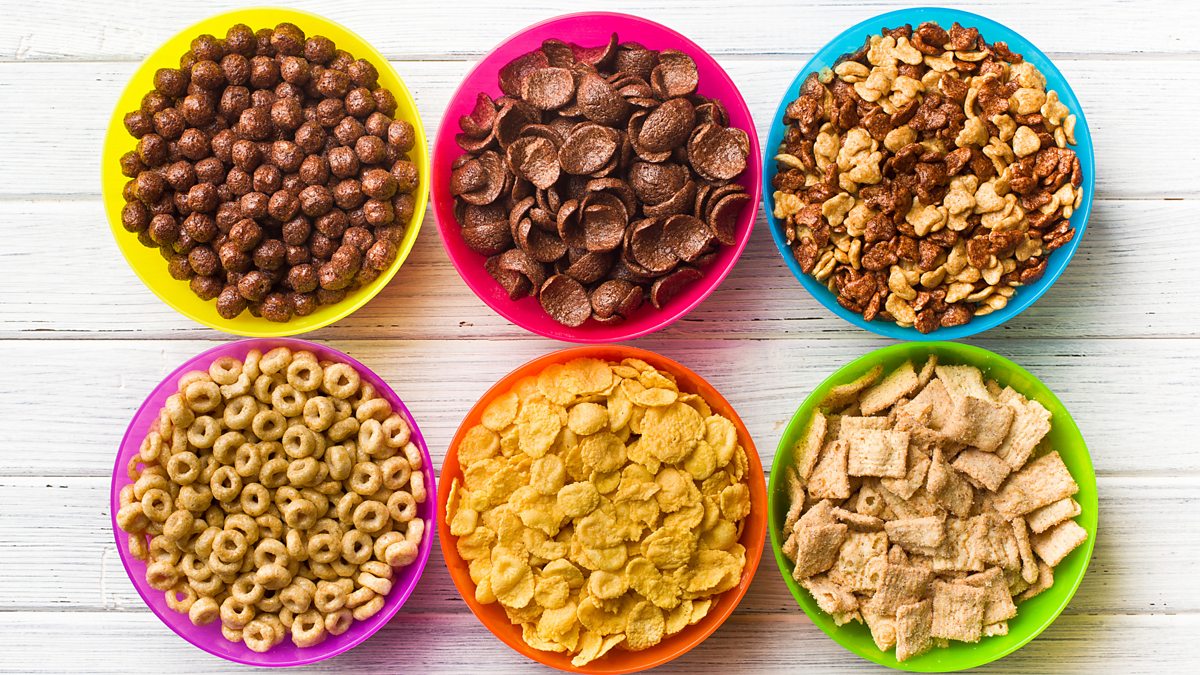Robin
Well-Known Member
- Relationship to Diabetes
- Type 1
- Pronouns
- She/Her
I always make my own batter, it takes 30 seconds in the food processor, but does that then make it ultra processed? 🙄😉Dinner tonight.
Lamb chops, roast potatoes, roast sweet potatoes, green beans, leek, Yorkshire puddings, stuffing, gravy, mushrooms.
3/9 are ultra processed.
The gravy, the Yorkshire puddings, and the stuffing. (Although the stuffing was full of fresh sage and chives from the garden!)
But I have no intention of going back to meat juice and cornflower for gravy, or mixing my own batter for Yorkshire puddings, unless it's toad in the hole.

